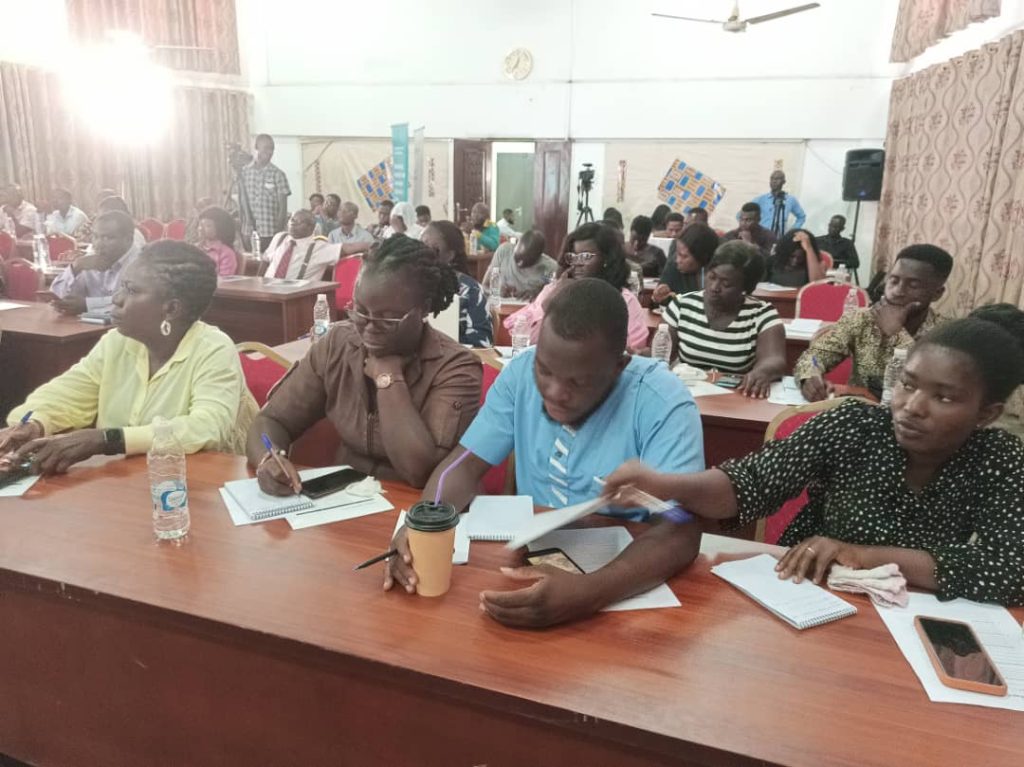By Edward Acquah
Accra, March 24, GNA – More than half of researchers are positive about impacting society with their work but do not put in much effort to promote their innovations to industry, a new study in Ghana has found.
The study, titled: “Research and Innovation Socialisation Commercialisation Advocacy and Marketing (RISCAM)” was conducted by researchers at the University of Ghana (UG), led by Dr Abena A. Yeboah-Banin, a senior lecturer at the Department of Communication Studies, UG.
The Study, conducted between November and December 2022, found that currently, researchers and industry “are working in silos” with many researchers mainly interested in getting their research published in journals as a requirement for their career progression and promotion.
It also found that there was low industry interest in research, occasioned by limited manufacturing activities in the country, which fuelled importation and discouraged investments in innovations.
The findings of the study were disseminated at a workshop for researchers and media practitioners in Accra on Thursday, aimed at forging partnerships between the media and researchers to enhance communication and commercialisation of research works.
The two-day event was organised by the Heritors Labs, an organisation that promotes research and innovation, in collaboration with the Ministry of Environment, Science, Technology and Innovation (MESTI) and the Council of Scientific and Industrial Research – Science and Technology Policy Research Institute (CSIR-STEPRI).
Dr Yeboah-Banin, the lead researcher, said the team identified that some researchers lacked the requisite communication skills to effectively create awareness about their research and how it would impact society.

“There is a strong orientation that the job of the researcher is to get their work published in journals. Beyond publishing a paper, how to impact society is a challenge.
“Most academics are so much occupied with work such that they cannot make time to bring their research to the attention of the industry people,” she noted.
The Study recommended what it termed as RISCAM Fund to support research and innovation, secure the protection of the idea and develop the idea into products and solutions.
It also encouraged academia and industry to explore opportunities and work together to ensure the meaningful contribution of research and innovation to national development.
Mr Derrydean Dadzie, the Chief Executive Officer, Heritors Labs, appealed to the media to demonstrate interest in research and innovation and dedicate time for researchers to share their innovations with the public and industry.
“We have not created that environment that engenders the desire for people to venture into research and innovation. We want the public to be fully aware of the innovations out there,” he said.
Mr Kwamena Essilfie Quaison, the Director for Science, Technology and Innovation at MESTI, said the country had made great strides in the field of science and technology, adding that the Ministry was determined to build on the successes.
“We are committed to supporting the commercialisation of research outputs, prototypes, inventions, and innovative ideas to create marketable products and services,” he said.
GNA